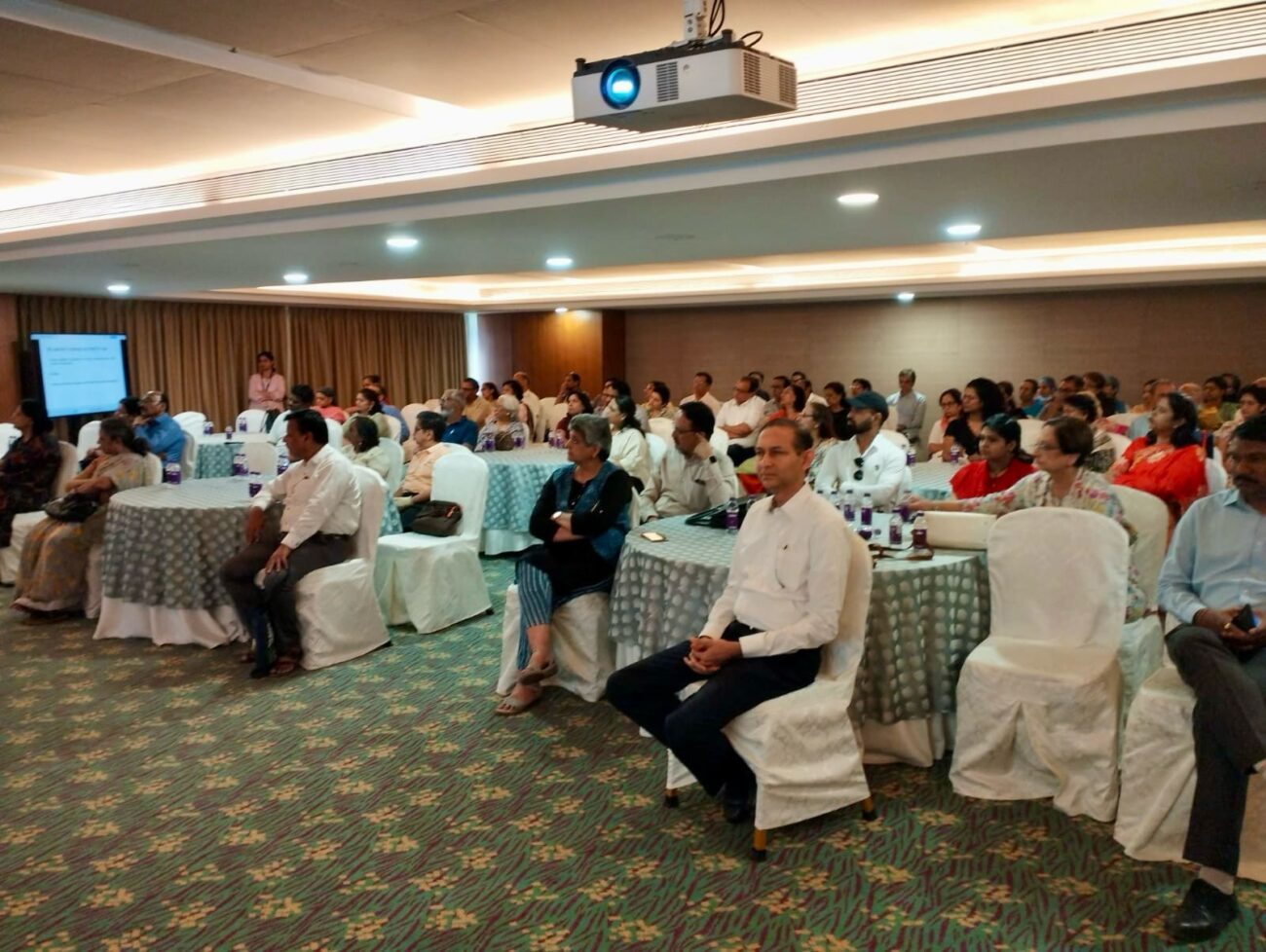Cut Import Dependency To Increase Plasma Therapy In COVID Times
The rising toll of the COVID pandemic in India has led to a greater need for recuperative measures, treatments and cures for the ailing public. One such measure which has grabbed the public imagination is
The rising toll of the COVID pandemic in India has led to a greater need for recuperative measures, treatments and cures for the ailing public. One such measure which has grabbed the public imagination is plasma therapy.
Since the first few critical care cases received a decisive boost, the conversation around plasma therapy in India has grown immensely. The transfusion treatment has happened in multiple Indian states, including Maharashtra, Rajasthan, Punjab, Delhi and Gujarat. Delhi has also created a plasma bank, akin to a blood bank, to store blood plasma donated by recovered COVID-19 patients.
However, the current crisis has shown another area where we need to focus, in respect to plasma therapy. This is the country’s heavy reliance on imports for plasma products.
Dr Vinodkumar Badgu, Managing Director of Badgu Health Services Pvt Ltd., explained this situation better. “In India, we face a large-scale shortage of plasma products, that is plasma components which are separated for medical use through a process called plasma fractionation (the second-stage process of separating blood plasma, which has been taken from whole blood). Why? That’s because we don’t allow source plasma collection (collecting blood plasma through plasmapheresis), only recovered plasma.”
“From this recovered plasma, we’re only able to produce two plasma products – albumin and intravenous immunoglobulin. We need to rely on imports for the remaining ten plasma products. The lockdown situation over the last three months showed us that when these imports stop, so does the supply for these products”, he added.
Entrepreneur Prashant Karulkar, who is supporting the blood plasma initiative, pegged India’s import dependency on blood plasma products at about 90% of the country’s demand for the liquid. Spearing the call for better government initiatives for plasma, Karulkar said, “India remains completely import-dependent as far as specialised immunoglobulins are concerned. This dependency could be either in the form of getting full finished products or importing in the form of bulk or plasma.”

“Government support, in terms of allowing source plasma collection, boosting plasma collection, storage and production of plasma products will lead us a long way from our current situation”, he remarked.
What factor of production do we need to keep in mind? According to Dr Badgu, we need to ramp up at least production of plasma products. “If we begin to manufacture these products in India, we can reduce our import dependency by about 50 per cent.”
Badgu Health Services Pvt Ltd has proposed a large-scale manufacturing plant in Gulbarga, Karnataka to develop a plasma facility under the current ‘Atmanirbhar Bharat Abhiyan’ and the ‘Make In India scheme’. It proposes to develop and commercialise fractionation or the distilling process of human plasma in a cost-effective manner. They aim to separate HA, IVIG, clotting factors and hyper-immune sera through these techniques.
“The current COVID-19 crisis has highlighted the need for an ample supply of blood plasma. Let’s take the required measures right now to ensure that we can be prepared for the situation.





